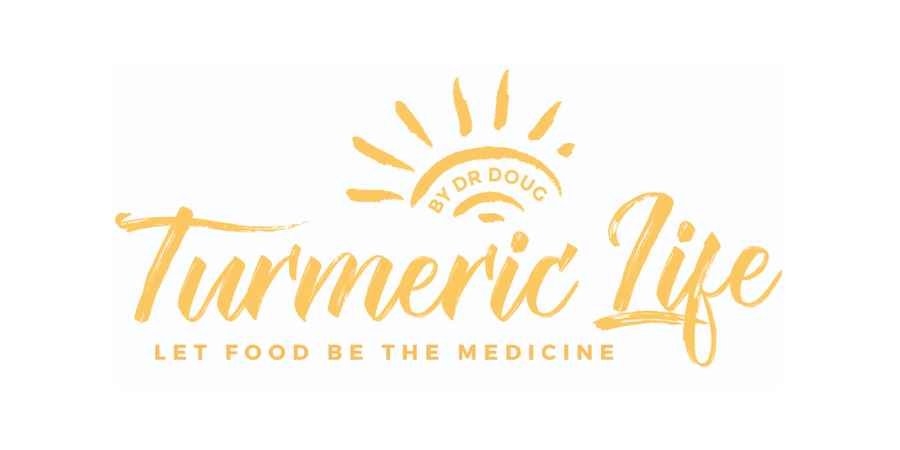The Human Brain Produces Fructose from Glucose
We hear a lot about the dangers of excess fructose, especially from honey and other so-called “natural” sweeteners. This study, published in February 2017 reveals that consumption of glucose can also result in increased levels of brain fructose.
Abstract
Fructose has been implicated in the pathogenesis of obesity and type 2 diabetes. In contrast to glucose, CNS delivery of fructose in rodents promotes feeding behavior. However, because circulating plasma fructose levels are exceedingly low, it remains unclear to what extent fructose crosses the blood-brain barrier to exert CNS effects. To determine whether fructose can be endogenously generated from glucose via the polyol pathway (glucose → sorbitol → fructose) in human brain, 8 healthy subjects (4 women/4 men; age, 28.8 ± 6.2 years; BMI, 23.4 ± 2.6; HbA1C, 4.9% ± 0.2%) underwent 1H magnetic resonance spectroscopy scanning to measure intracerebral glucose and fructose levels during a 4-hour hyperglycemic clamp (plasma glucose, 220 mg/dl). Using mixed-effects regression model analysis, intracerebral glucose rose significantly over time and differed from baseline at 20 to 230 minutes. Intracerebral fructose levels also rose over time, differing from baseline at 30 to 230 minutes. The changes in intracerebral fructose were related to changes in intracerebral glucose but not to plasma fructose levels. Our findings suggest that the polyol pathway contributes to endogenous CNS production of fructose and that the effects of fructose in the CNS may extend beyond its direct dietary consumption.
The full article is available at https://www.ncbi.nlm.nih.gov/pmc/articles/PMC5313070/
The full article is available at https://www.ncbi.nlm.nih.gov/pmc/articles/PMC5313070/
